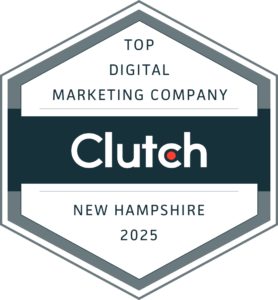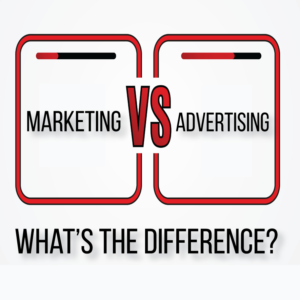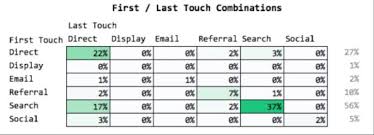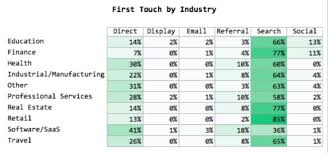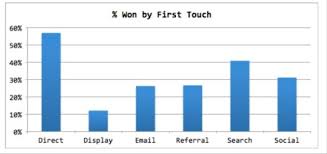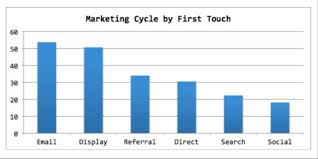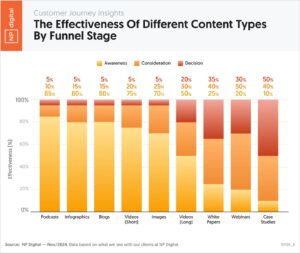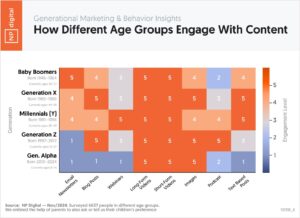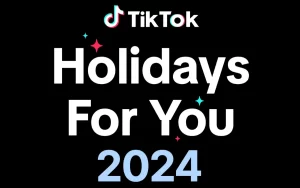The $95,000 Link Building Mistake
1. Linking Affects Google Ranking Algorithm
2. Link Erosion Negatively Impacts Google Ranking
3. Don’t Get Lost in the Pages
Recent Posts

Best Practices for Building a Brand Presence on YouTube
Updated Best Practices for Building a Brand Presence on YouTube (2025) YouTube continues to be a dominant platform for video content, offering businesses unparalleled opportunities

Best Practices for Building a Brand Presence on Instagram
Best Practices for Building a Brand Presence on Instagram (2025) Instagram continues to dominate as a platform for visual storytelling, brand development, and audience engagement.
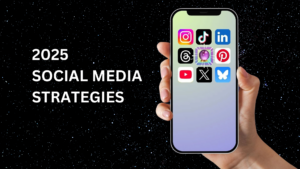
Social Media Strategies
10 Proven Social Media Strategies to Dominate in 2025 In the dynamic landscape of 2025, mastering social media requires a strategic approach tailored to evolving

Definitive Guide To Building Your Brand Presence on Twitter
Updated Best Practices for Building a Brand Presence on X (2025) X (formerly Twitter) continues to be a powerful platform for real-time conversations, customer engagement,

Definitive Guide To Building Your Brand Presence on LinkedIn
Updated Best Practices for Building a Brand Presence on LinkedIn (2025) LinkedIn remains the premier platform for professional networking and B2B marketing, offering businesses unparalleled
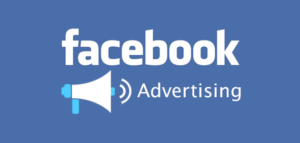
Definitive Guide To Building Your Brand Presence on Facebook
Best Practices for Building a Brand Presence on Facebook (2025) Facebook remains a cornerstone of digital brand building, offering businesses unparalleled opportunities to connect with





